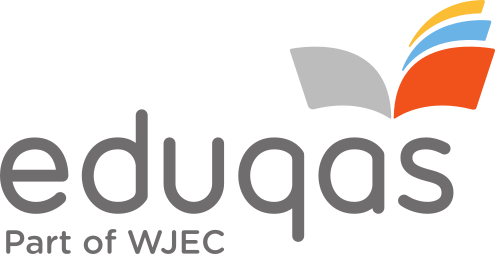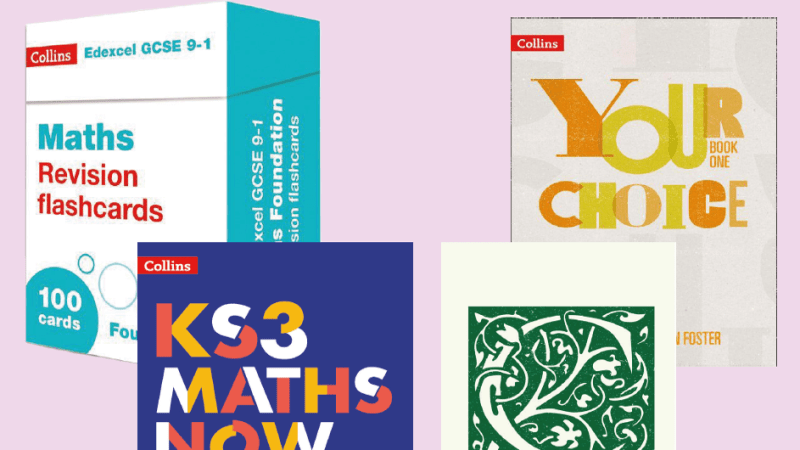Melanie Blount, head of digital resources at the awarding body Eduqas, sets out five ways in which teachers can get the most out of their free resources and boost their students’ learning experience…
30-second briefing
An exam board with a difference, Eduqas can provide teachers with a wide range of free resources to help students revise, gain experience of how exams are structured and presented, and ultimately craft the kind of answers needed for them to succeed.
1 | Start with our knowledge organisers
Each knowledge organiser provides a succinct overview of a topic or theme, giving students all the key information about what they’ll be learning, including keywords, and sample questions.
They make ideal aide-mémoires, or quick reference tools that can be used throughout a topic.
2 | Browse our full range of free resources
We have a huge amount of free teaching and learning resources and materials that can aid classroom delivery – particularly when teaching difficult concepts and bringing challenging content to life.
There’s also a range of generic tools that can help students to develop their thinking and acquire the skills they’ll need for success.
3 | Reinforce learning through practice
Our Online Exam Review tool is an excellent resource for evaluating what makes a good answer.
There are hundreds of sample scripts that can be used to not only exemplify good answers, but also highlight potential pitfalls, thus helping both students and teachers understand what success looks like.
Question Bank is another great tool, which can be used to practice answering a range of past paper questions either in class or at home.
Teachers and students can build their own paper from our database of available questions, ensuring students only receive questions they need to practice rather than the full original paper – an excellent way to target areas of weakness.
4 | Familiarise students with the structure of assessments
Past papers are useful for helping students practice, prepare, and build their understanding.
By completing past papers under timed conditions, students can develop their time management skills, gain experience of reviewing their answers, identify areas of strengths and weakness and consolidate their learning.
5 | Regular reflection and progress checks
These are both vital parts of learning. We recommend using learning logs or journals so that students can reflect on their learning, identify areas of success, and highlight challenges or areas for improvement.
Another good idea is to use simple checklists where students can tick-off what they have covered, and identify whether they are confident with their level of knowledge and understanding, or could do with a bit more help.
Key points
- All Eduqas digital resources are free – they can be accessed from eduqas.co.uk/Resources
- Eduqas has a dedicated Digital Resources team who produce our unbeatable range of FREE digital resources to support the delivery of our qualifications
- Additional free resources are published throughout the year, to receive the latest updates subscribe to our mailing list eduqas.co.uk/Subscribe
- Get in touch! We’re here to support you – if you need any help or guidance, or have any feedback or suggestions, please email us at resources@eduqas.co.uk
Find out more at eduqas.co.uk or get in touch on 029 2026 5465 or at info@eduqas.co.uk.









